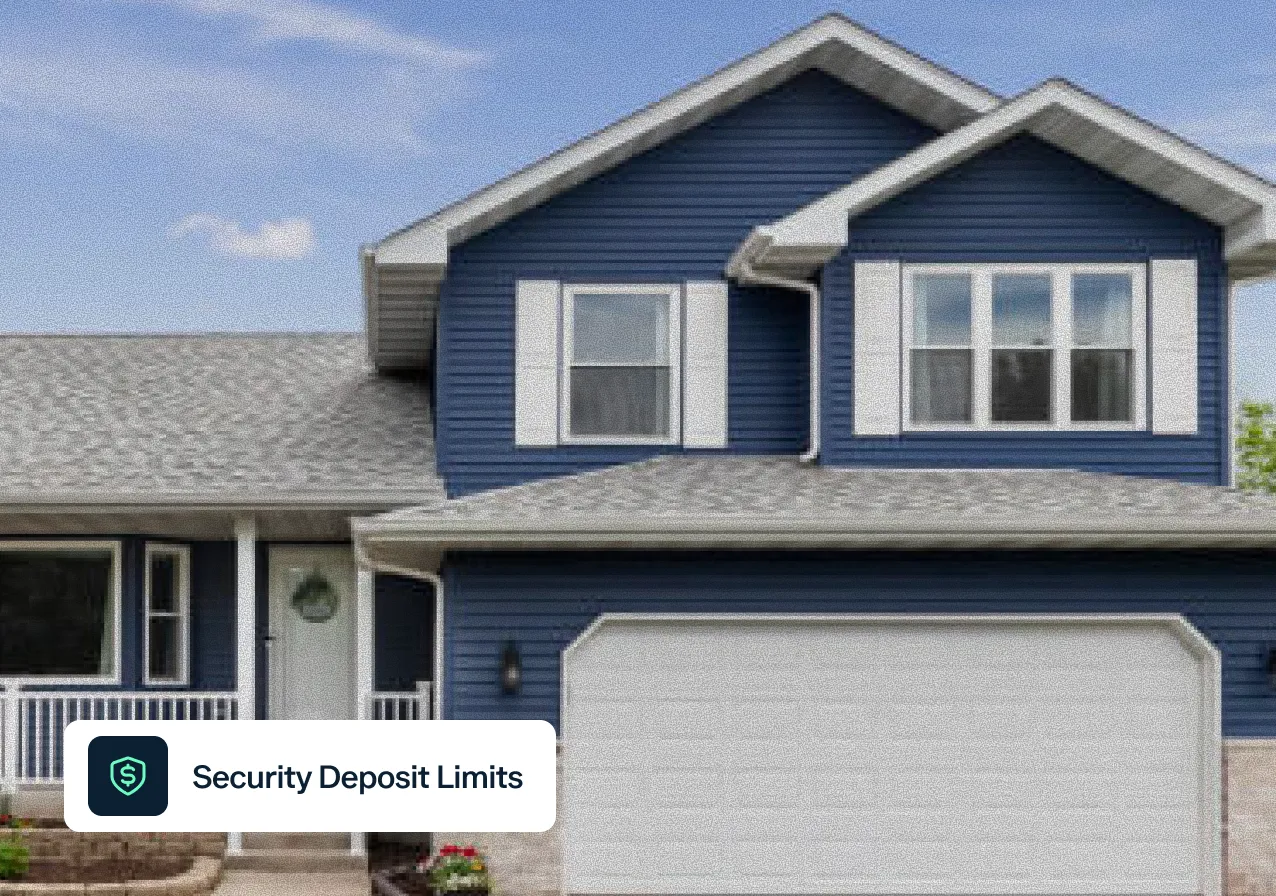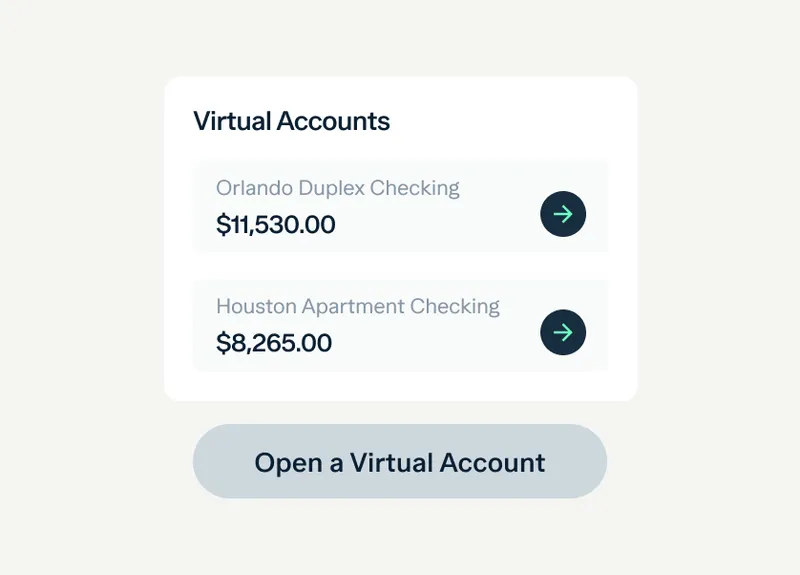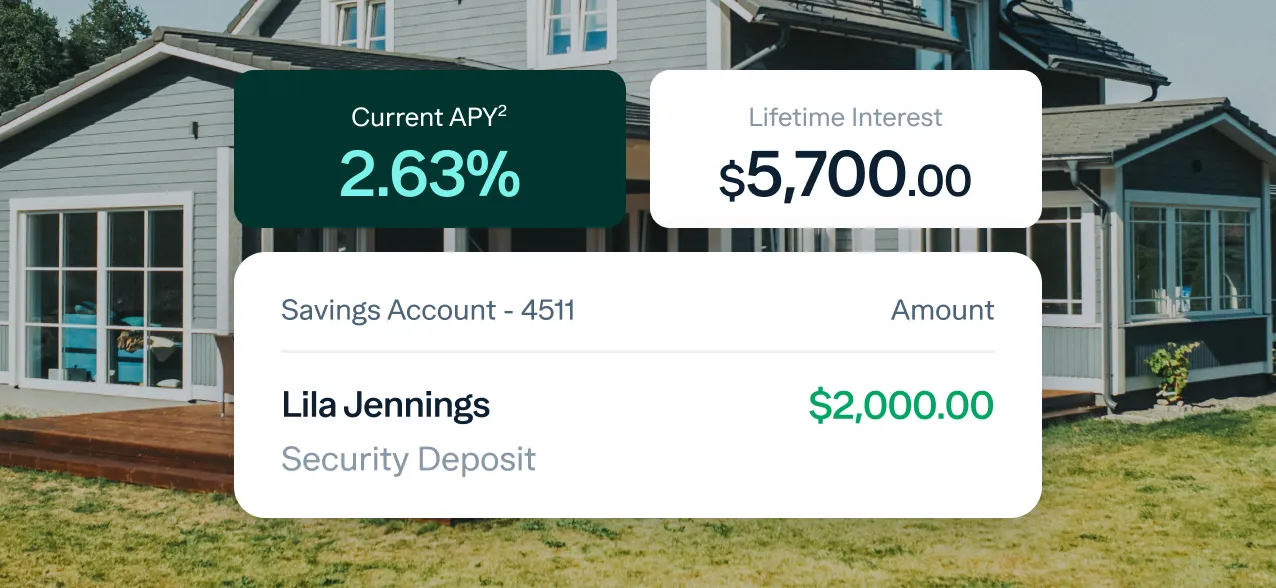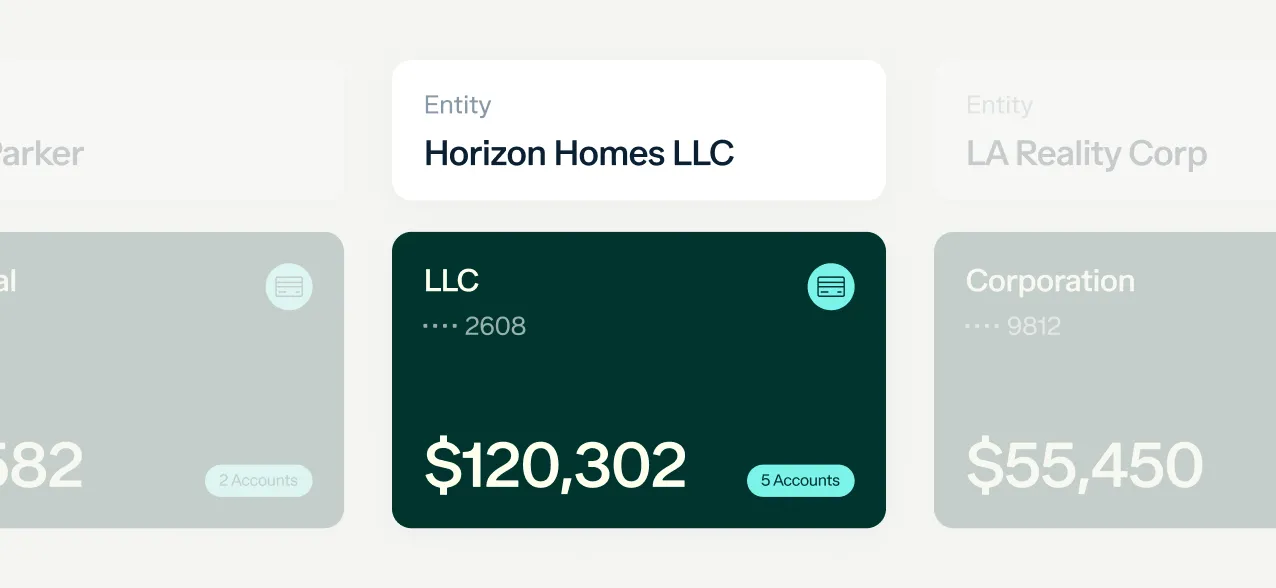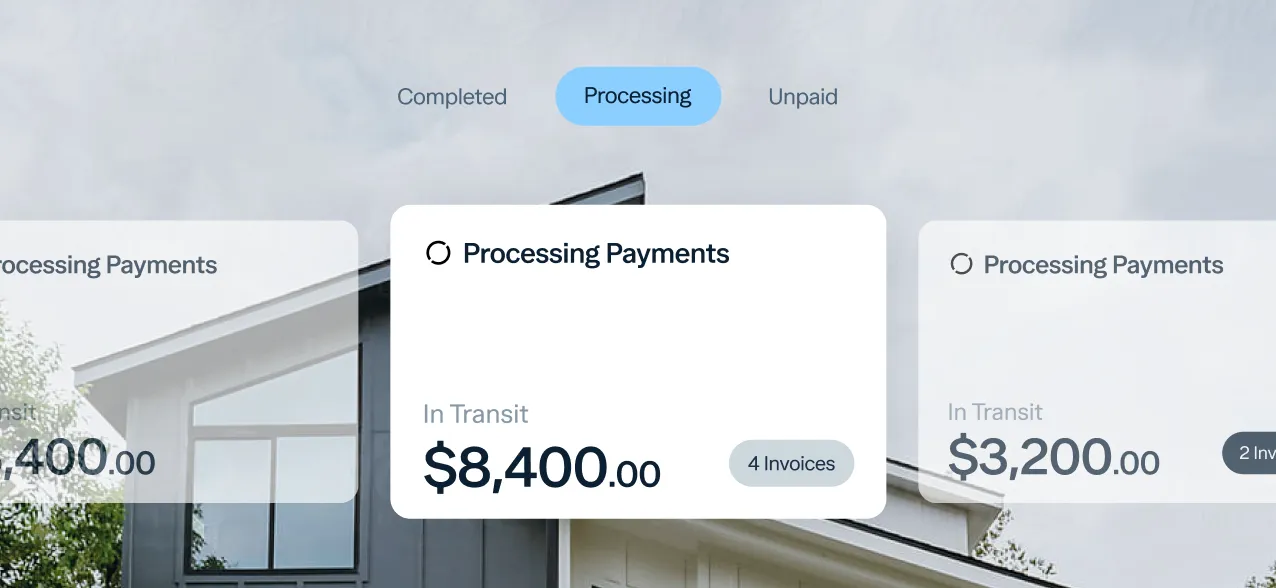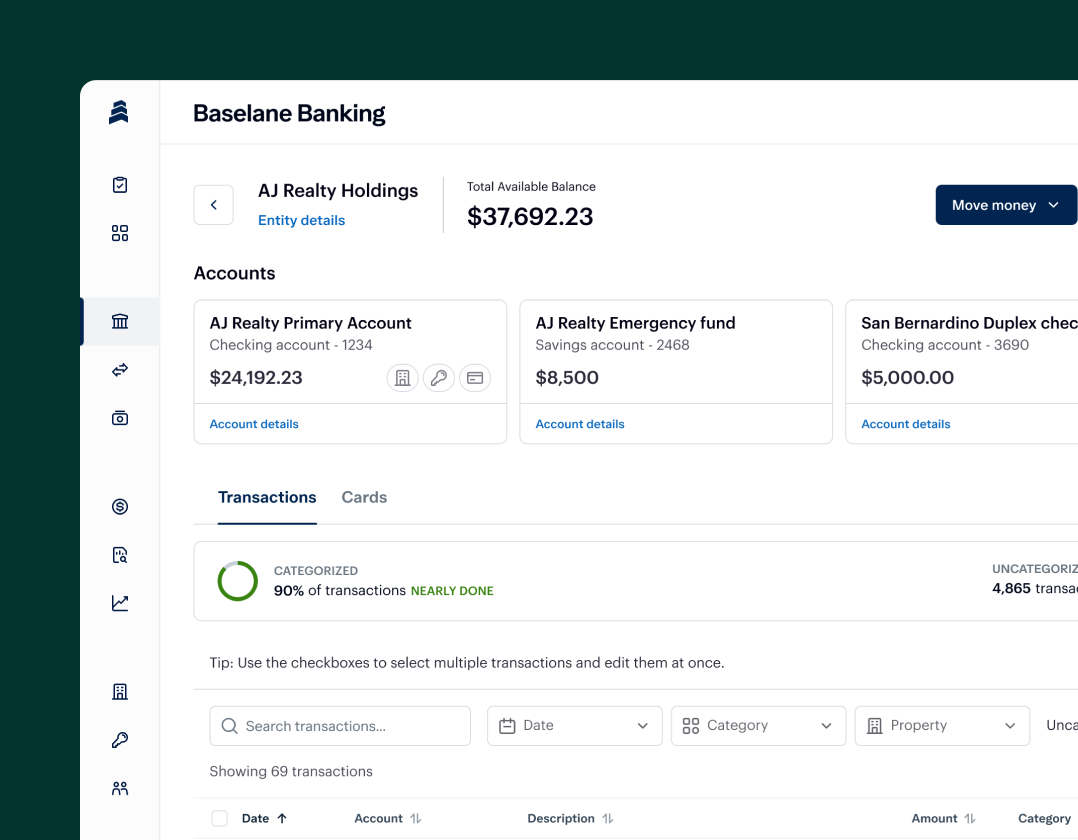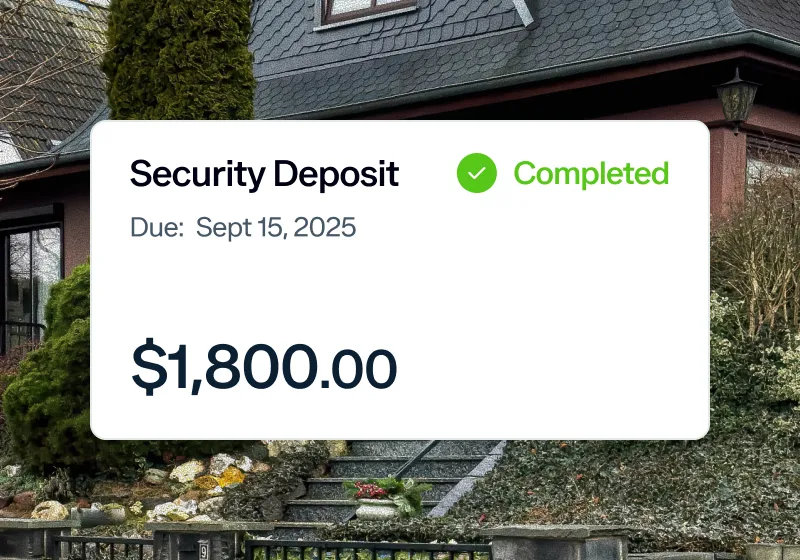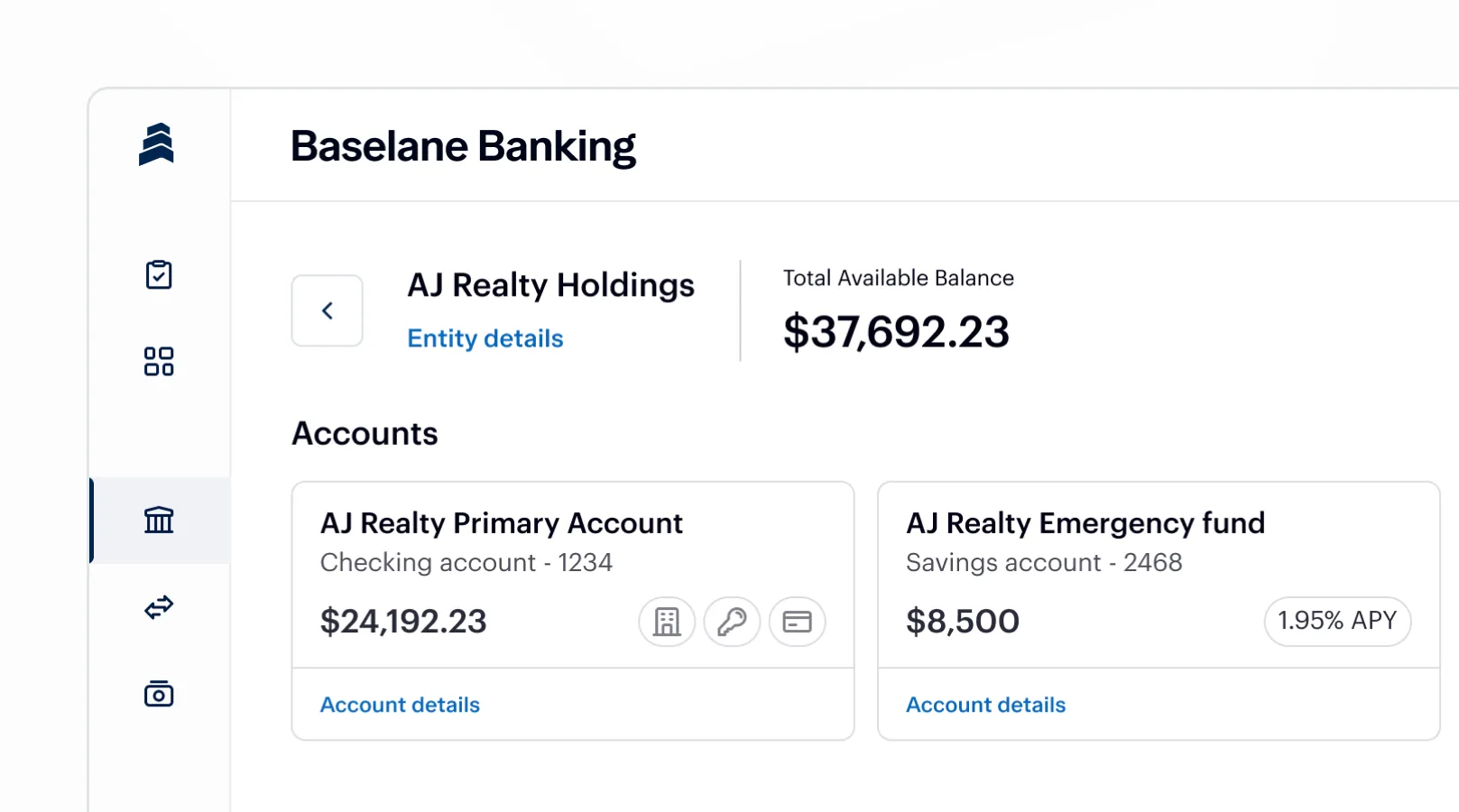In Nebraska, landlords can charge up to 1 month's rent, plus ¼ months’ rent for pets.
Security deposit rules in {{ state }}
Limit: In Nebraska, landlords may collect a tenant security deposit of up to one month’s rent. If the tenant has pets, an additional pet deposit of up to one-quarter of one month’s rent may also be charged. Any tenant deposit amount beyond this limit is prohibited under state law. The total deposit must be clearly stated in the lease agreement, and landlords are encouraged to hold it in a dedicated security deposit bank account in Nebraska to ensure compliance and transparency.
Return Deadline: The landlord must return the tenant security deposit, along with an itemized written list of any deductions, within 14 days after the tenant vacates the property and provides a forwarding address. If the landlord fails to return the tenant deposit or provide the list within this timeframe, the tenant may recover the full amount plus reasonable attorney’s fees.
Acceptable Deductions: The tenant security deposit may be used to cover unpaid rent, late fees, damages beyond normal wear and tear, cleaning costs, and expenses necessary to restore the rental property to its original condition. Routine wear and tear cannot be deducted. The landlord must provide receipts or written estimates to support any deductions made from the tenant deposit.
Where to Deposit: Nebraska law requires landlords to hold all tenant deposits in a separate trust account at a federally insured financial institution located in the state. The funds cannot be commingled with the landlord’s personal or operating accounts. While there is no requirement to pay interest on deposits, using a security deposit escrow account in Nebraska or a landlord tenant security deposit bank account in Nebraska ensures that funds are managed responsibly, documented properly, and protected in accordance with state law.











